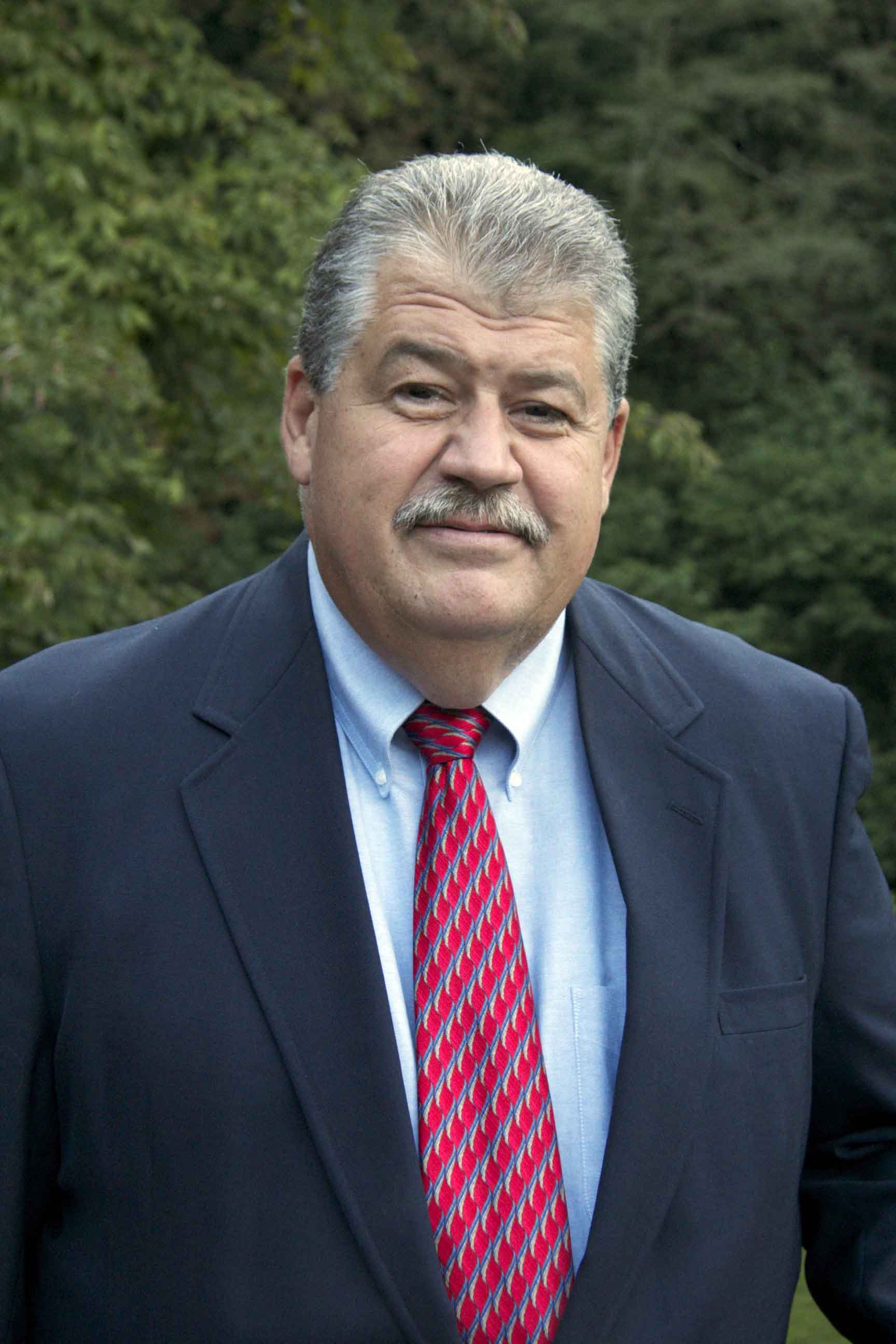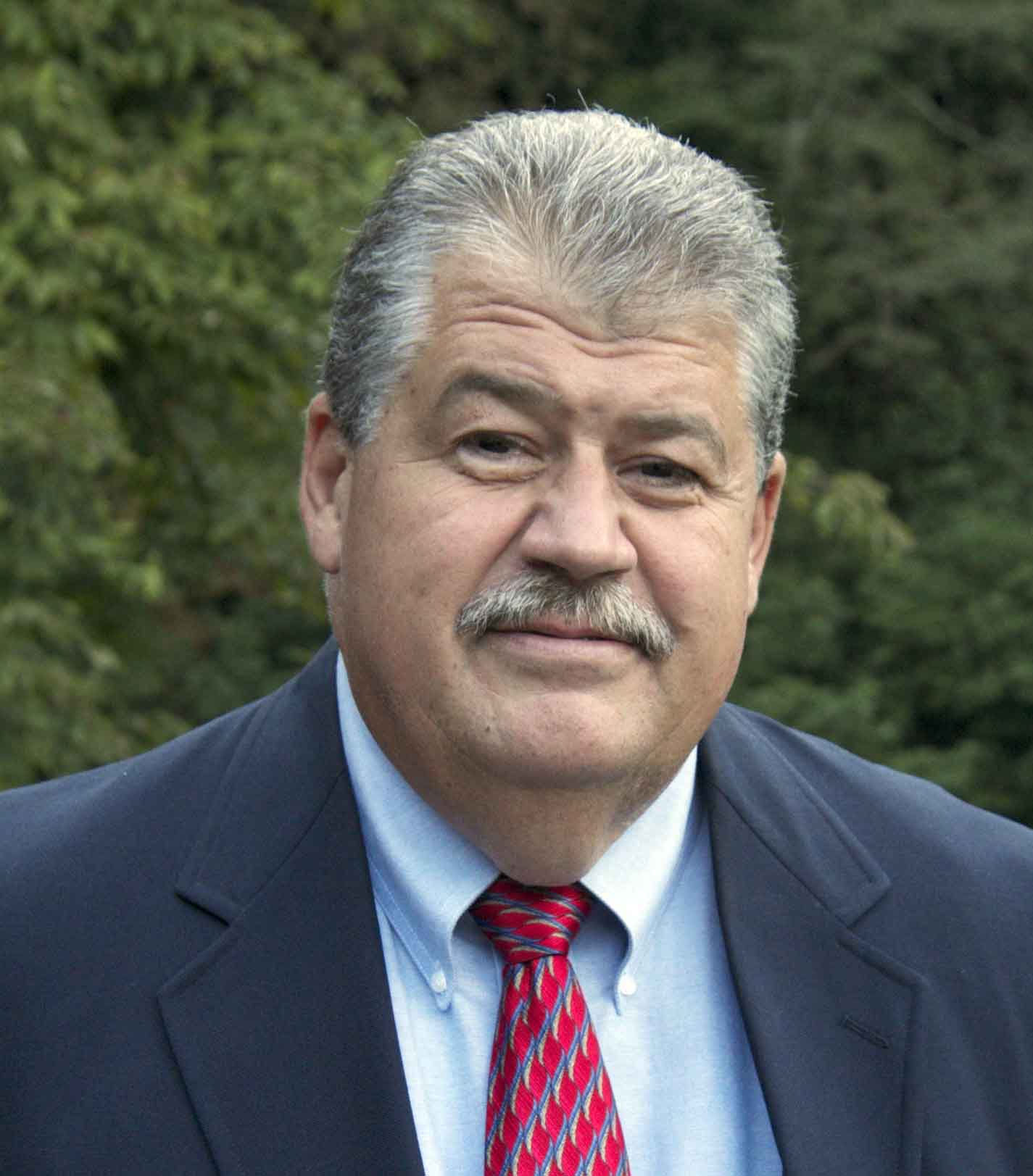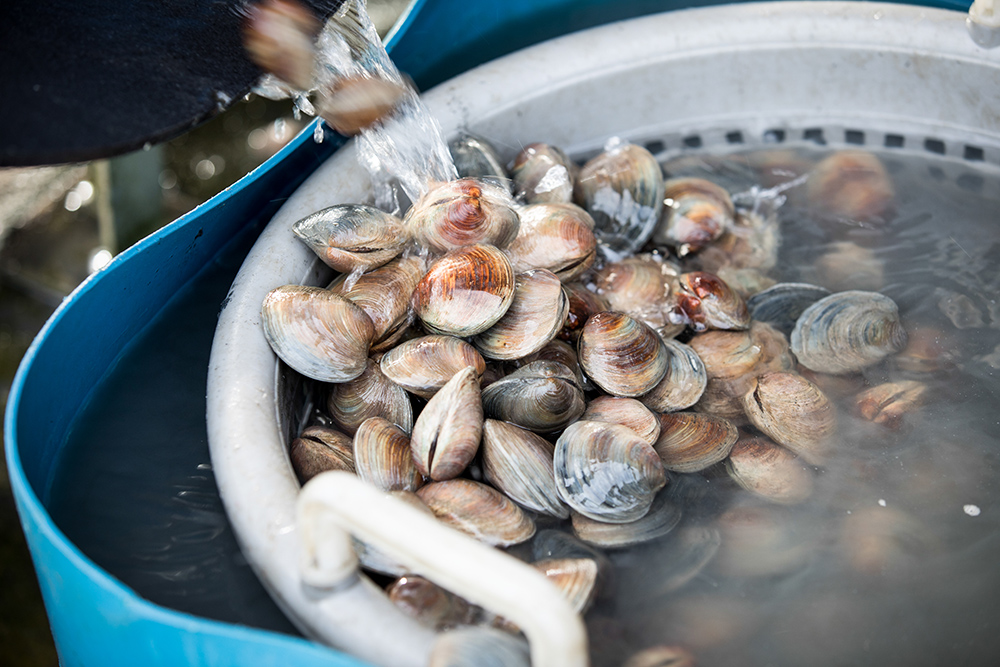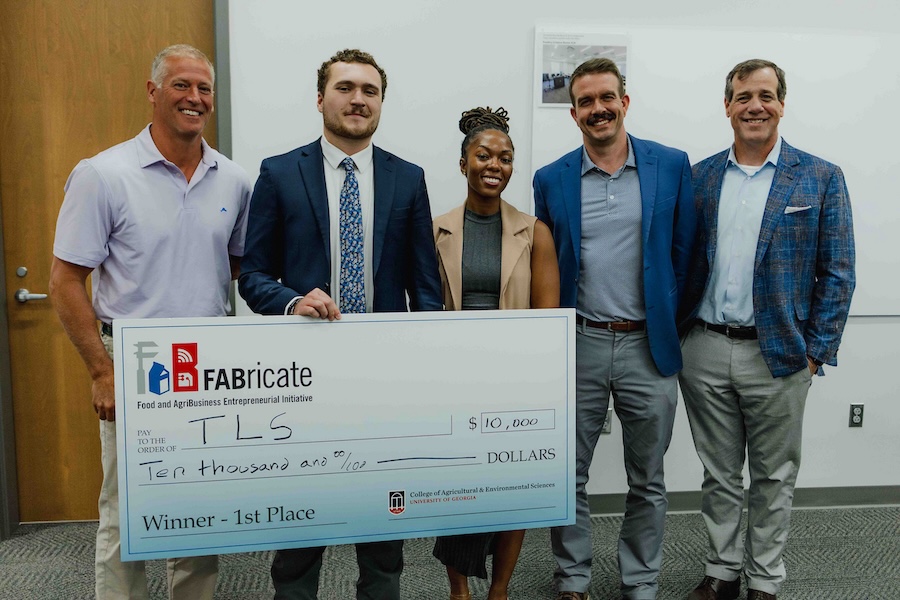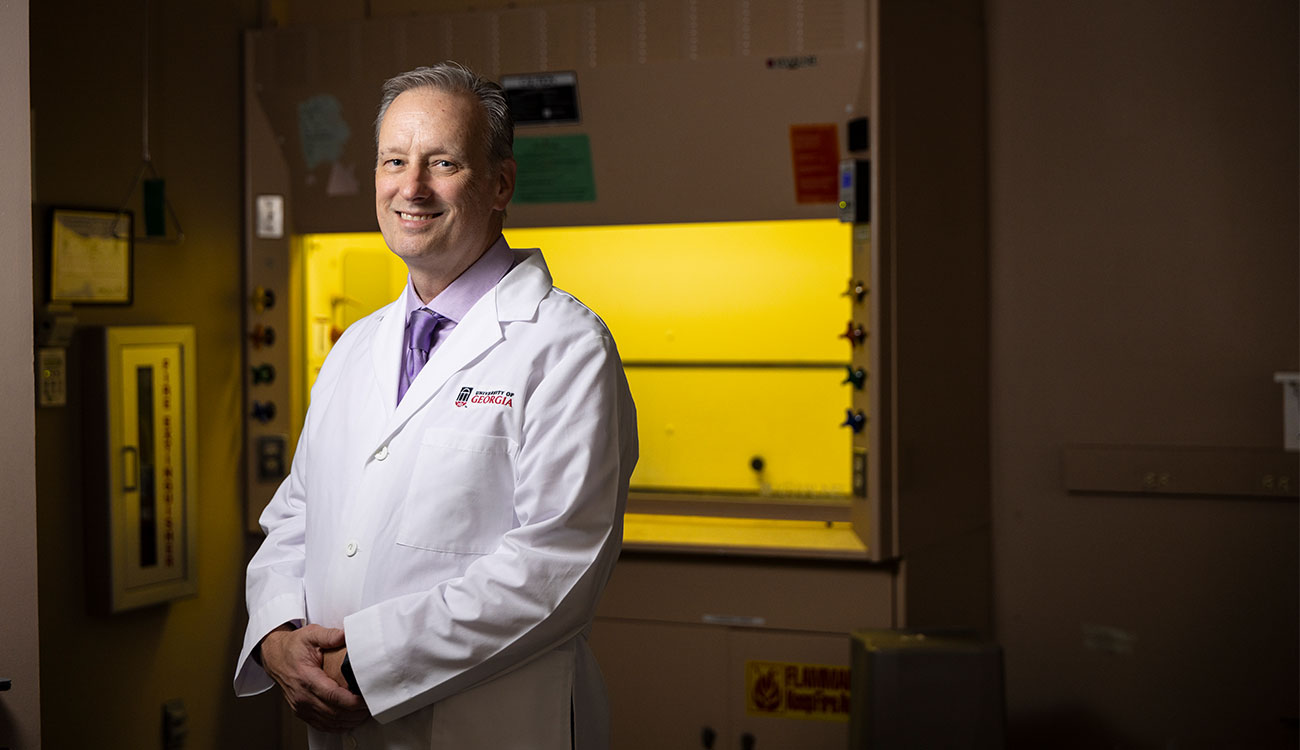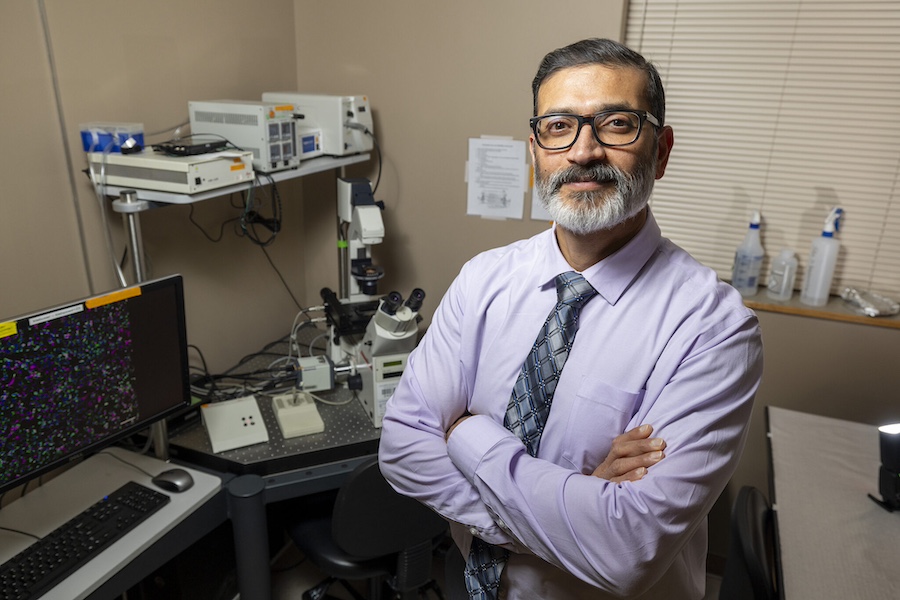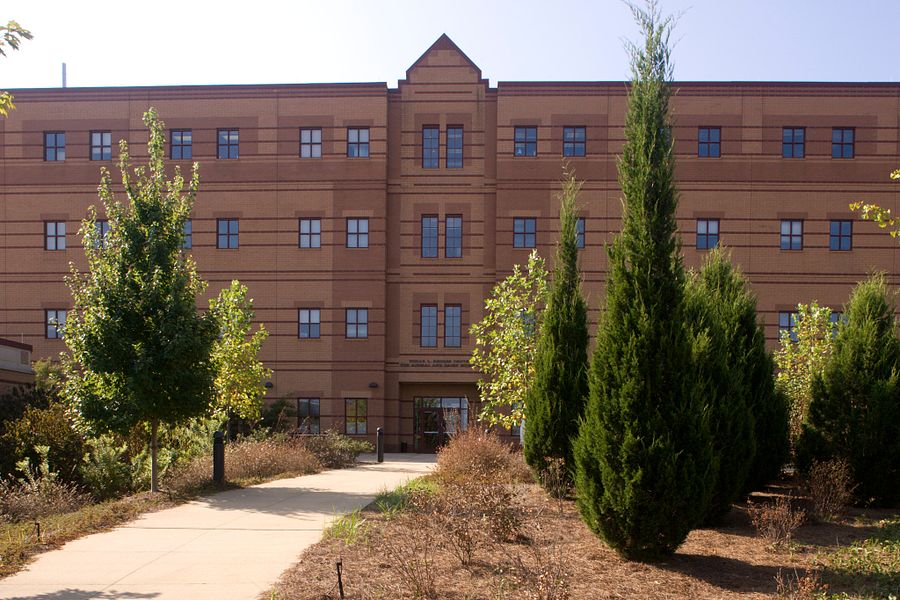For more than 100 years, University of Georgia Cooperative Extension has provided farmers, ranchers and gardeners with research-based training and on-demand information to help them improve their farms and gardens. Starting Oct. 1, a new leader will oversee these vital Extension services in Georgia.
UGA has hired the former head of Virginia Cooperative Extension, Mark McCann, to serve as assistant dean for Extension.
McCann, who has had a long career in agricultural research and outreach in Virginia, will be responsible for assisting with UGA Extension’s operations as well as leading agricultural and natural resources programming.
“Mark’s long history with Extension in Virginia and in Georgia gives him a familiarity that will allow him to hit the ground running, but will also give him the perspective that comes with having worked in another Extension system,” said Laura Perry Johnson, associate dean for UGA Extension. “We are very excited to have him join our work family and excited to work with him to build a second, impactful century for UGA Extension.”
McCann received his bachelor’s and master’s degrees in animal science from North Carolina State University and his Ph.D. in agriculture from Texas Tech University.
McCann served as director of Virginia Cooperative Extension between 2005 and 2009. He is currently serving as professor of animal and poultry science and as an Extension beef specialist at Virginia Tech in Blacksburg, Virginia.
He started his career as an assistant professor and Extension beef specialist in the UGA Department of Animal and Dairy Science.
During the seminar McCann gave as part of the interview process in June, he outlined his plans to keep UGA Extension responsive to diverse communities across Georgia, from the row crop farms of southwest Georgia to the urban community gardens of Fulton County.
He shared his vision for UGA Extension moving into the future by fostering partnerships and relationships inside and outside the Cooperative Extension System, by monitoring the impacts of Extension programs and by monitoring and responding to the needs of the state.
“We’re going to go where our communities, the industry and our partners take us,” McCann said during his seminar. “If we stay in tune, our audiences and our stakeholders will show us the way.”

